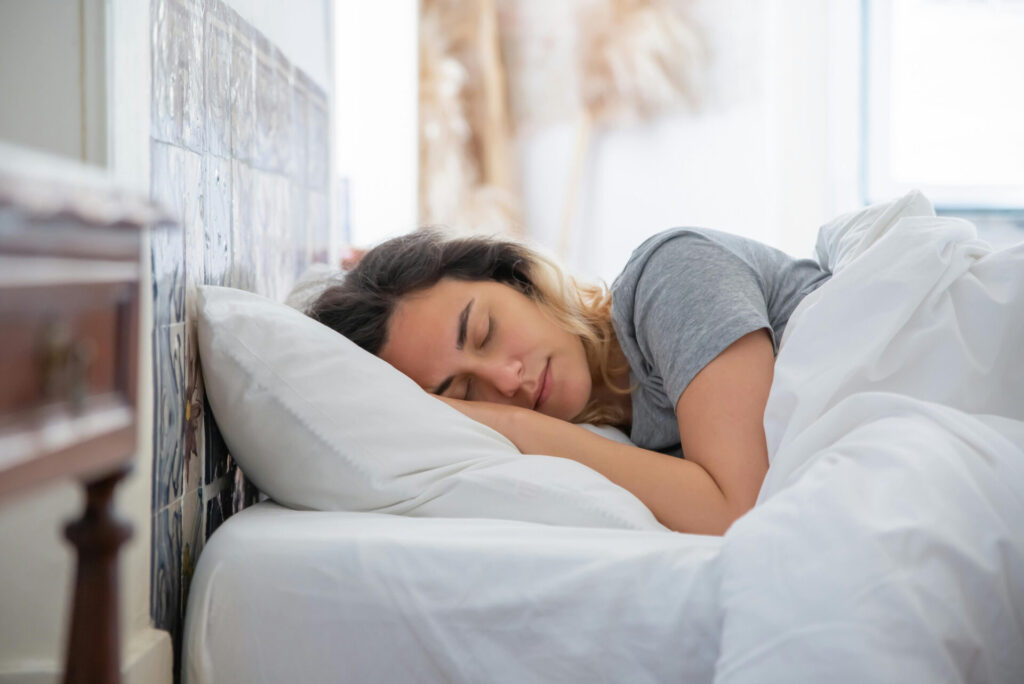Menopause brings many changes, and one of the most common yet often overlooked issues is sleep disturbance. As hormone levels fluctuate, many women experience difficulties sleeping, which can have a significant impact on overall health and quality of life.
Why Does Menopause Affect Sleep?
The hormonal changes associated with menopause—particularly a decline in estrogen and progesterone—can disrupt sleep in several ways:
- Hot Flushes and Night Sweats: These sudden, intense feelings of heat can wake women up during the night, leading to fragmented sleep.
- Insomnia: Hormonal shifts can cause difficulty falling asleep or staying asleep.
- Mood Changes: Anxiety, depression, and irritability, which are common during menopause, can further interfere with sleep.
Tips for Better Sleep During Menopause:
- Create a Sleep-Friendly Environment: Keep your bedroom cool, dark, and quiet. Use breathable sheets and pyjamas to manage hot flushes.
- Develop a Relaxing Bedtime Routine: Engage in calming activities like reading or meditation before bed to signal to your body that it’s time to sleep.
- Limit Stimulants: Avoid caffeine, nicotine, and large meals close to bedtime, as they can interfere with sleep quality.
- Stay Active: Regular physical activity can help improve sleep, but avoid intense exercise right before bed.
- Mind Your Mental Health: Addressing anxiety and depression with support from a healthcare provider can improve sleep.
Treatment Options:
If sleep problems persist, treatments such as cognitive behavioral therapy for insomnia (CBT-I) or hormone replacement therapy (HRT) may be beneficial, but it’s important to discuss options with your healthcare provider to find the right solution.
Managing sleep during menopause is essential for maintaining your overall health and well-being. If sleep disturbances are affecting your life, one of our Specialist GPs at The Claremont Clinic can help.

